If you’re a beginner looking to get started in the IT field, you may be wondering what skills and knowledge you need to succeed. Whether you’re interested in desktop support, network administration, system administration, web development, or help desk roles, there are some key concepts and tools you should be familiar with. In this refresher crash course, we’ll cover some of the basics that can help you get started in your IT career.
Desktop Support
Desktop support involves helping end-users troubleshoot and resolve issues with their computers, software, and peripherals. To be successful in this role, you need to have a strong foundation in hardware and software troubleshooting, as well as excellent communication skills. Some key concepts to review include:
- Basic computer hardware components: CPU, RAM, hard drive, motherboard, power supply, etc.
- Common software applications: operating systems, productivity suites, web browsers, etc.
- Troubleshooting techniques: process of elimination, identifying error messages, etc.
- Communication skills: active listening, empathy, clear and concise explanations, etc.
Network Administration
Network administration involves managing and maintaining the hardware and software that make up an organization’s network. This includes routers, switches, firewalls, servers, and more. To be successful in this role, you need to have a strong understanding of networking concepts and protocols, as well as experience with network monitoring and troubleshooting. Some key concepts to review include:
- Network topologies: LAN, WAN, VPN, etc.
- Network protocols: TCP/IP, DNS, DHCP, etc.
- Network hardware: routers, switches, firewalls, etc.
- Network monitoring tools: Wireshark, Nagios, etc.
- Troubleshooting techniques: ping, traceroute, etc.
System Administration
System administration involves managing and maintaining the servers and other infrastructure that make up an organization’s IT environment. This includes tasks such as server configuration, backups, security, and more. To be successful in this role, you need to have a strong understanding of operating systems and server applications, as well as experience with server monitoring and troubleshooting. Some key concepts to review include:
- Operating systems: Windows Server, Linux, etc.
- Server applications: web servers, database servers, email servers, etc.
- Server hardware: CPU, RAM, hard drives, etc.
- Server monitoring tools: Nagios, Zabbix, etc.
- Troubleshooting techniques: reviewing logs, running diagnostics, etc.
Web Development
Web development involves building and maintaining websites and web applications. To be successful in this role, you need to have a strong foundation in web technologies and programming languages, as well as experience with web development tools and frameworks. Some key concepts to review include:
- HTML, CSS, and JavaScript: the building blocks of the web.
- Programming languages: PHP, Python, Ruby, etc.
- Web development frameworks: React, Angular, Vue, etc.
- Web development tools: text editors, integrated development environments (IDEs), etc.
- Version control: Git, SVN, etc.
Help Desk
Help desk involves providing support and assistance to end-users via phone, email, or other channels. To be successful in this role, you need to have a strong foundation in customer service and troubleshooting skills, as well as experience with help desk tools and systems. Some key concepts to review include:
- Customer service skills: active listening, empathy, clear and concise explanations, etc.
- Troubleshooting techniques: process of elimination, identifying error messages, etc.
- Help desk tools: ticketing systems, remote support tools, etc.
- Communication skills: written and verbal communication, etc.
In conclusion, by reviewing and understanding these key concepts and tools, you’ll be better equipped to start your career in the IT field.
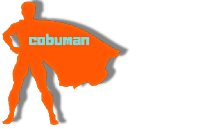
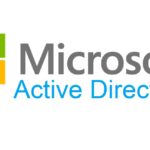


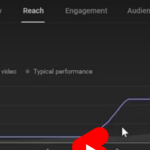








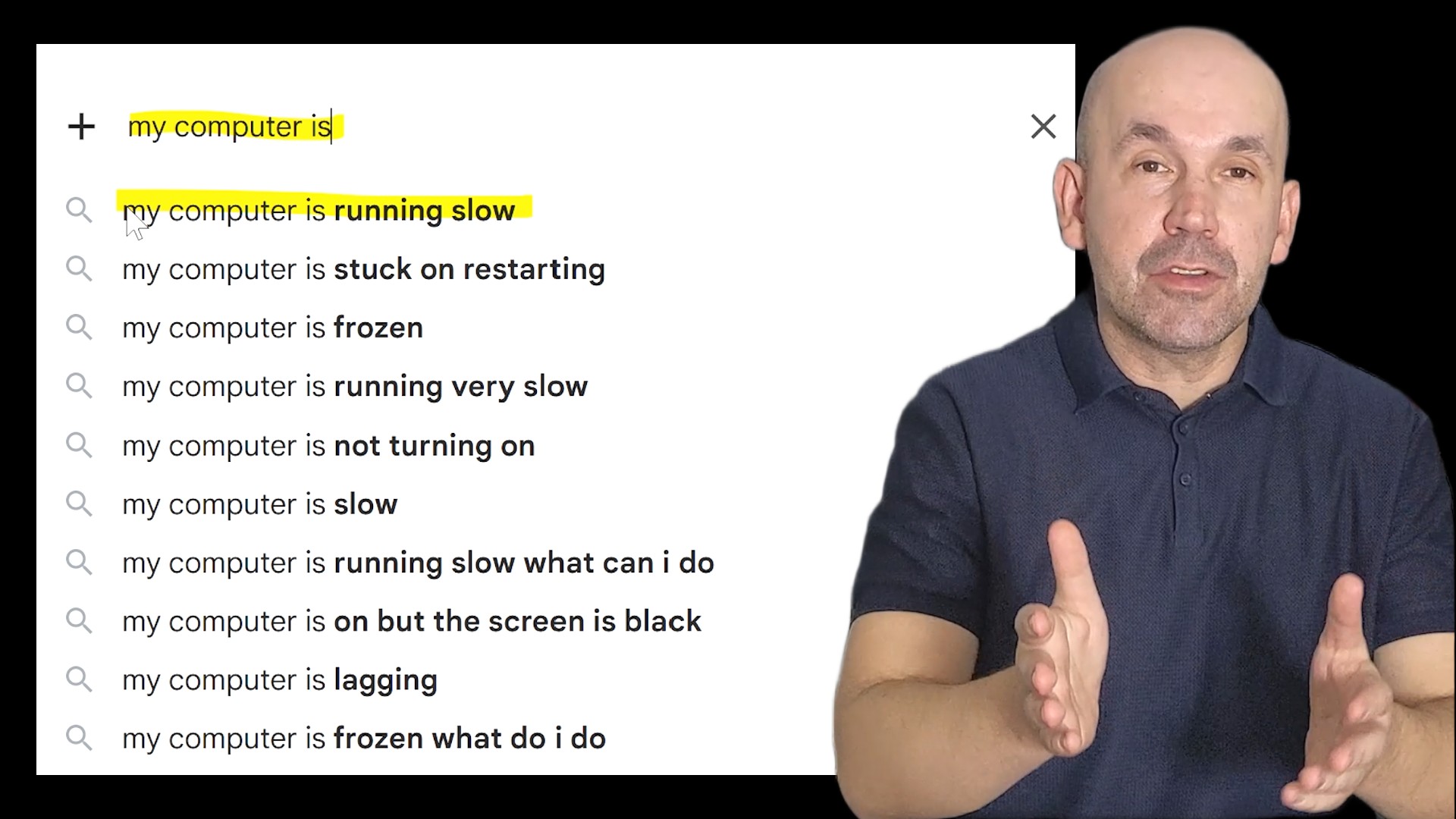
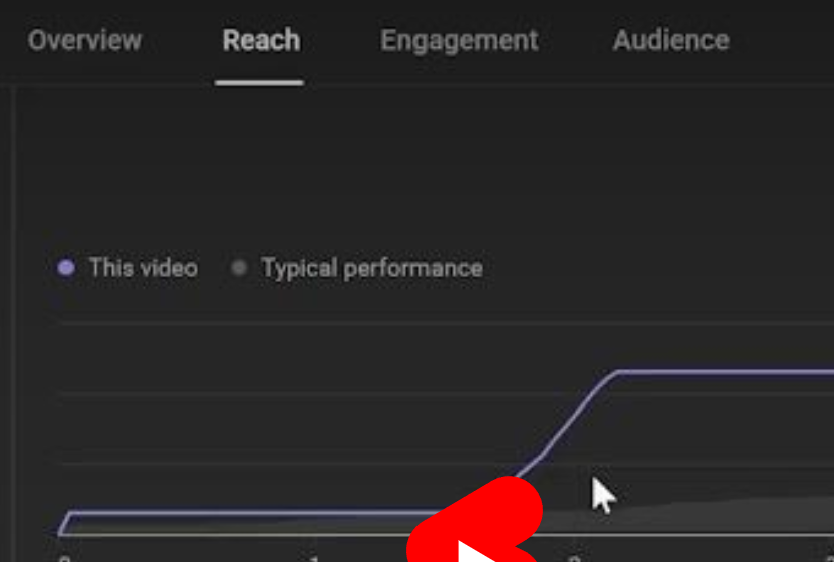
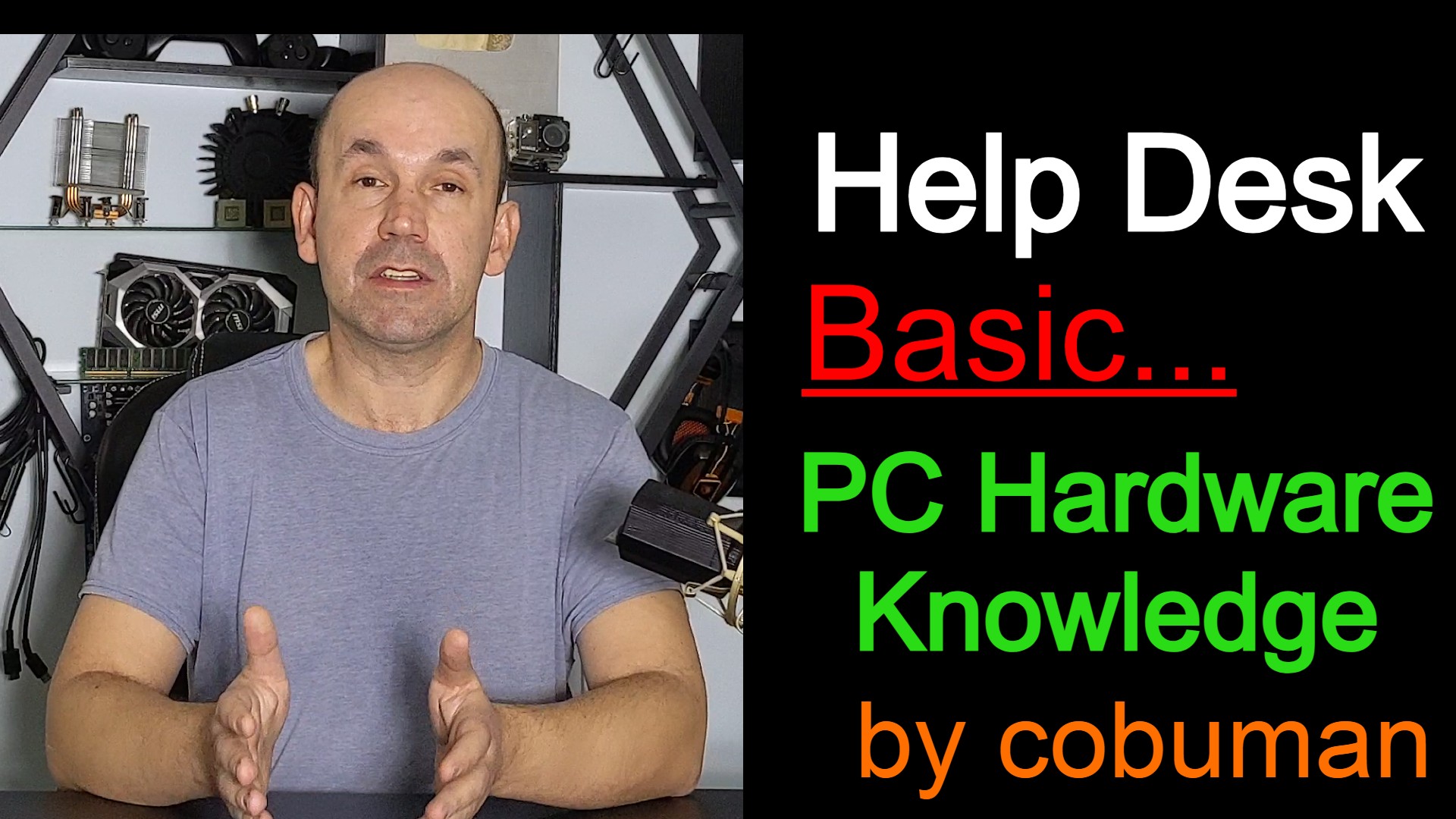
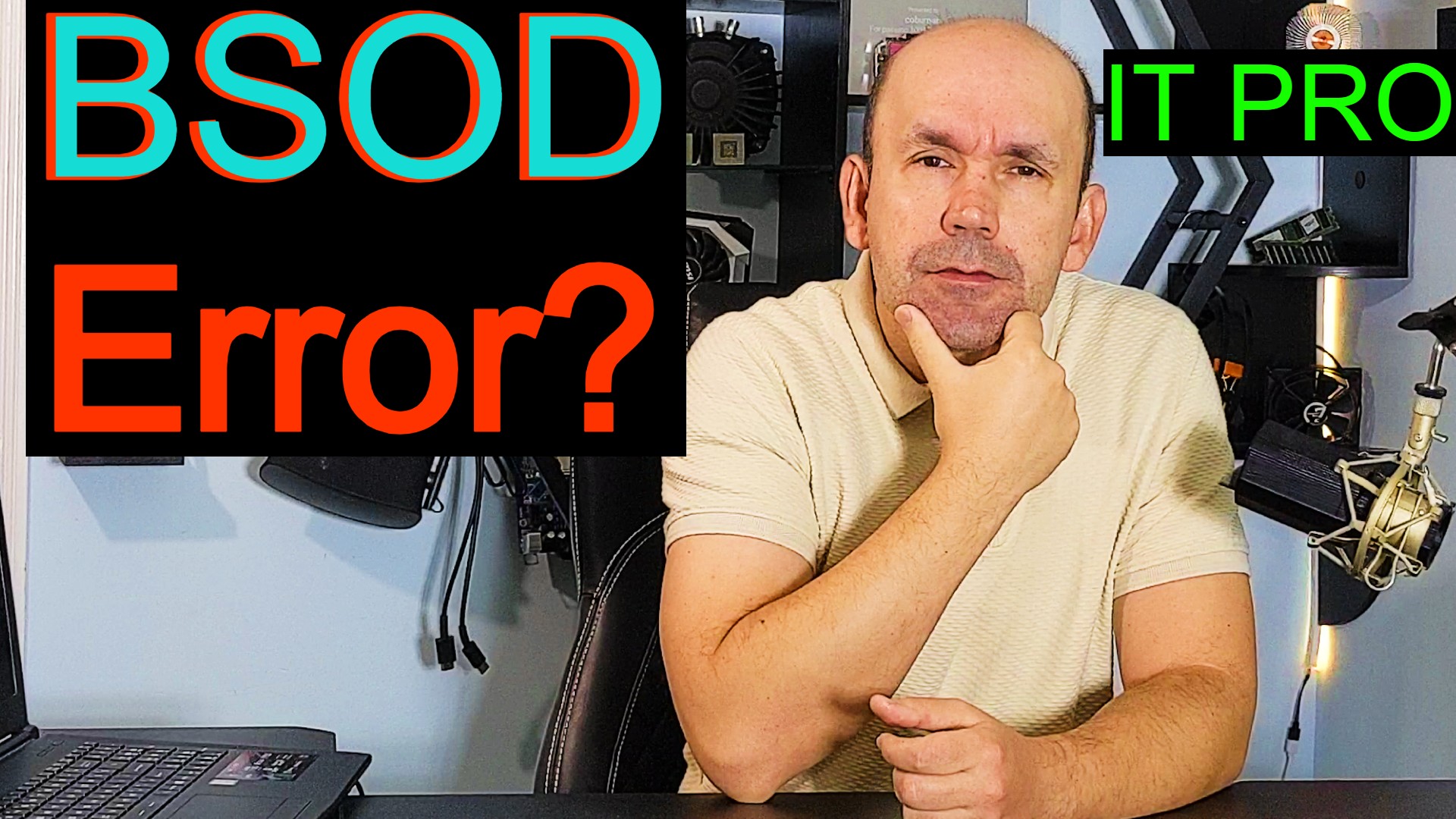
I hope you like this course. Have a nice day.